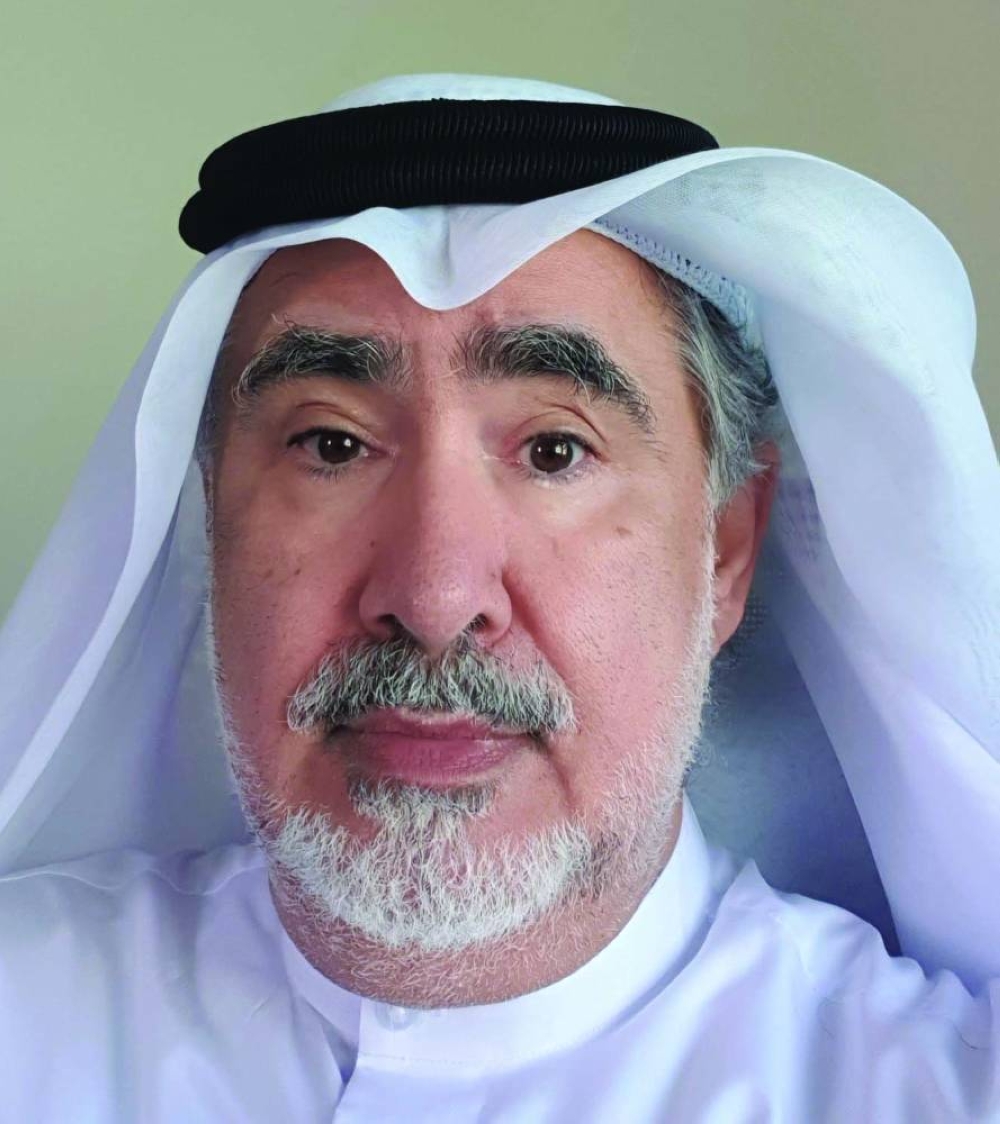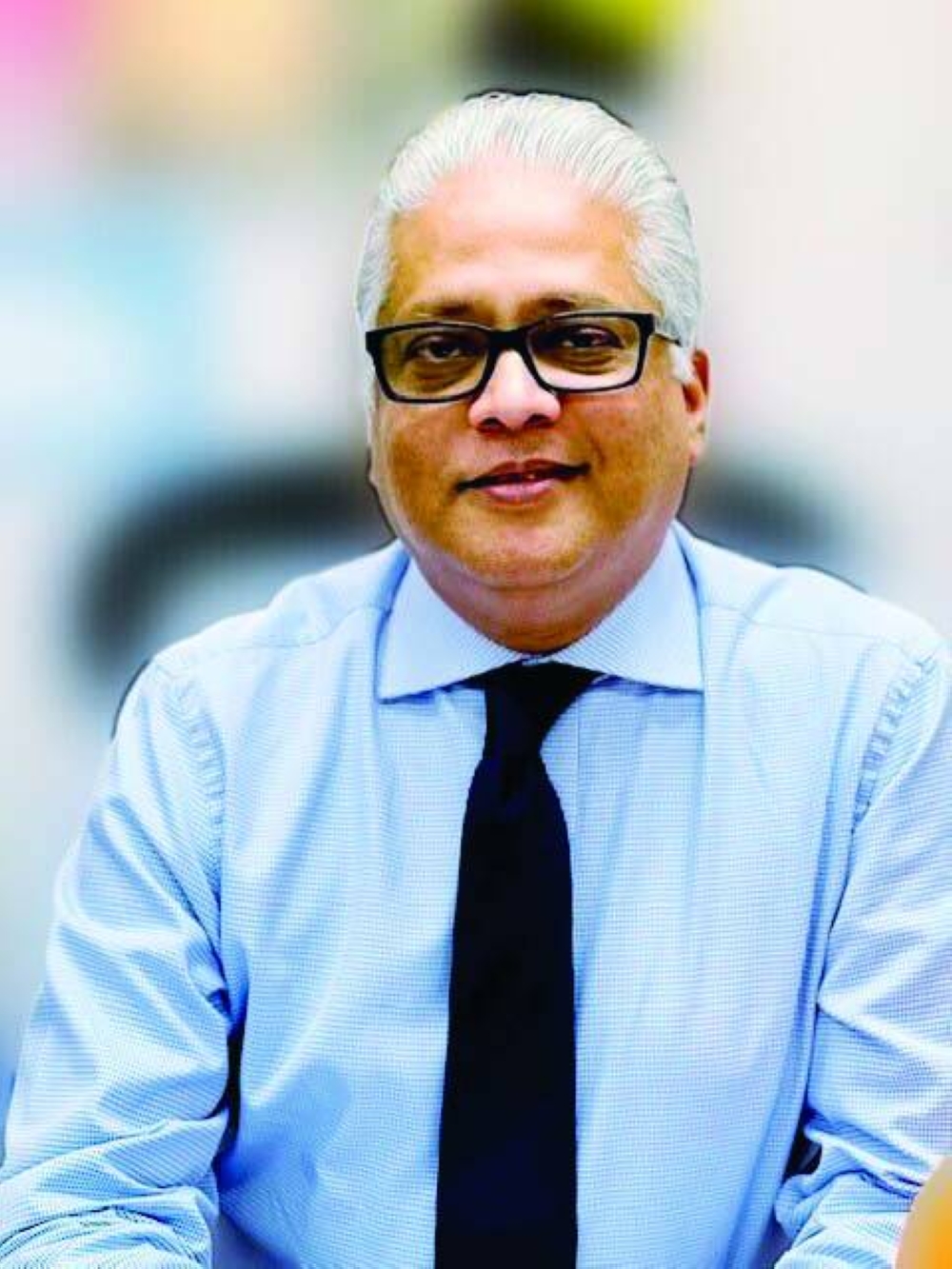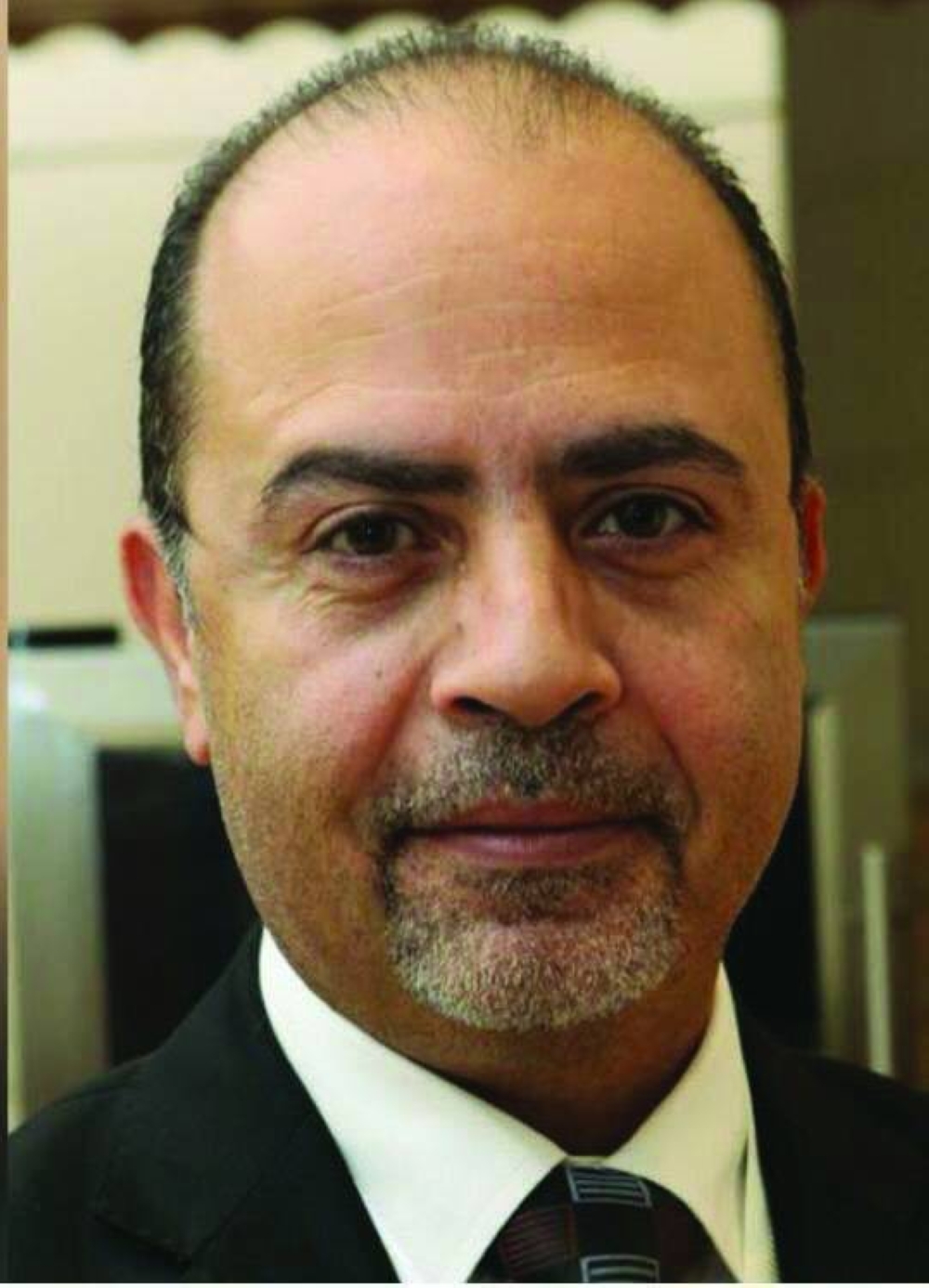As many as 69% of acute stroke patients are treated within 60 minutes of arrival to the emergency of the Stroke Service at Hamad Medical Corporation ( HMC) exceeding the international benchmark of 50% for quality of care in stroke service, the organisation stated.
The speed at which treatment can be given to stroke patients is vital to a successful outcome, said Dr Ahmed Mohammed Abdulla Own, director of Neuroscience Institute, HMC.
“A stroke leads to the complete or partial restriction of blood flow in the brain and damages brain cells so they can no longer work properly. The faster treatment can be given following a stroke, the better the chances of recovery. The more time that passes between the stroke happening and medical intervention, the greater the damage done.
“The multi-disciplinary nature of HMC’s Stroke Service has contributed greatly to ensuring stroke patients in Qatar receive the safest, most effective and compassionate care. The extensive team involved in the treatment of each stroke patient is central to the multi-disciplinary care patients receive,” explained Dr Own.
“On World Stroke Day, October 29, we raise awareness of stroke, talk about its prevention and treatment, and ensure better care and support for survivors because stroke is still the second leading cause of death worldwide, and the third leading cause of disability,” he continued.
Dr Own noted that that last year, around 2,500 suspected stroke patients were treated in the Emergency Department of HMC, and one in four people will have a stroke in their lifetime. 90% of those strokes could be prevented by addressing a small number of risk factors including high blood pressure, irregular heartbeat, smoking, diet and exercise.
Dr Naveed Akhtar, head of Stroke Services HGH and senior consultant neurologist, highlighted that the chronic conditions and habits that are risk factors for stroke include high blood pressure, diabetes, high cholesterol, bad diets, sedentary lifestyle and smoking. “High blood pressure affects about half of people in the world and often has no noticeable symptoms. More than half of all strokes are associated with hypertension or high blood pressure. A simple blood pressure check can determine whether you have high blood pressure, and a health professional can advise on whether your condition can be managed with lifestyle changes and/or the right medication,” he explained.
Dr Osama Elalamy, acting head, Neurology Department HGH highlights six key facts about stroke treatment which include early recognition of stroke, getting treatment quickly, using clot-busting drugs or getting clot retrieval treatment, rehabilitation and preventing stroke reoccurrence by taking drugs to lower blood pressure and cholesterol, antiplatelet therapies, anticoagulation for atrial fibrillation, surgery or stenting for selected patients with severe carotid artery narrowing.

Dr Ahmed Mohammed Abdulla Own

Dr Naveed Akhtar

Dr Osama Elalamy
